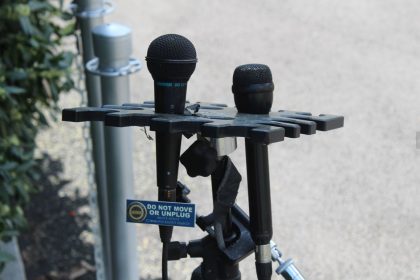Justices Agree to Decide Challenge to FCC’s Bid to Loosen Media Ownership Rules

WASHINGTON – The Supreme Court on Friday agreed to hear oral arguments in a challenge to the FCC’s efforts to loosen rules that limit media ownership.
The underlying case was brought by Philadelphia-based Prometheus Radio Project, a coalition of low-power radio stations.
Prometheus and others are challenging the FCC’s decision to loosen the rules on the grounds that the commission has not sufficiently considered how such a move would impact broadcast station ownership by women and minorities.
The controversy of media ownership rules has been brewing for decades, and the FCC has been the subject of repeated lawsuits during that time.
Last September, as a result of one of those lawsuits, the 3rd U.S. Circuit Court of Appeals ordered the commission to vacate rule changes implemented three years ago on the grounds it had not adequately defined certain terms that would be used to evaluate stations in terms of revenue and market reach.
The decision effectively reinstated earlier rules that limit the ownership of newspapers and TV stations in the same market, and restored a standing limit on the number of TV and radio stations that a single entity can own in the same market.
“Consolidation harms diversity in ownership and harms local broadcasting,” said Paul Bame of Prometheus Radio Project when the challenge was filed. “Trendy incubators are sleight-of-hand and don’t actually address the diversity requirement.”
According to the 3rd Circuit, the FCC’s analysis of the market impact of allowing entities to own more stations was “so insubstantial that it would receive a failing grade in any introductory statistics class.”
The appeals court also accused the FCC of comparing “apples to oranges” in its long-range study of female and minority station ownership because the commission’s methodologies have changed over the years.























